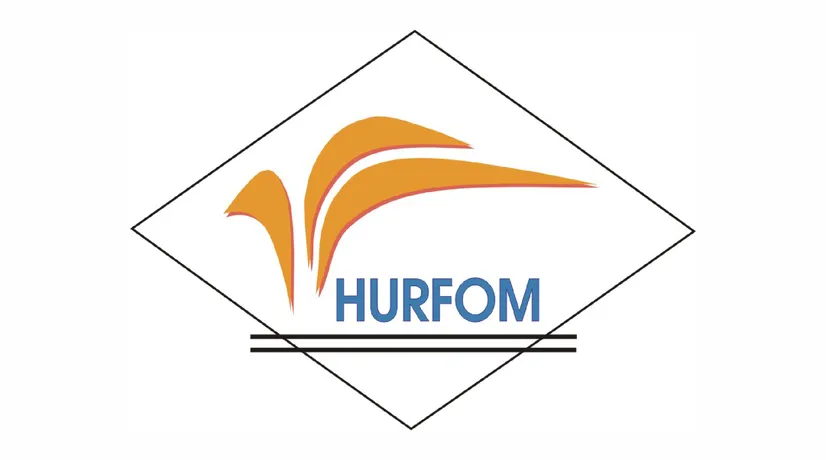World Day of Social Justice 2019 Statement
20 February 2019

HURFOM: Today, the Human Rights Foundation of Monland (HURFOM) is celebrating World Day of Social Justice. This year’s theme is “If You Want Peace & Development, Work for Social Justice,” a welcome reminder that social justice is at the core of peace and prosperity within and across communities, and essential to preventing violent conflict and addressing the many and varied challenges that arise in its aftermath.
However, for social justice to be truly realized in Mon State, we must first look to the past, for as long as past rights violations go without redress, social justice will remain out of reach. Justice and accountability for abuses suffered by residents of Mon State, in addition to guarantees of non-recurrence from government, military, and Ethnic Armed Organizations (EAOs) are prerequisite if peace and prosperity are to prevail.
“We are getting old now, so we want to our lands back. I have many children, and I want them to inherit my plantations and fruit orchards. I want to get back what I own. Even if I can’t get my original plantation, I will accept anything [for compensation]. We are the poor. If they don’t give us our land, we will accept anything they give to us…Even though we [used to] own plantations, our children have to work abroad. They have to work so hard there. If we still had our land, they wouldn’t have to go.”
Nai Zaw Oo, 63-year-old, male, Ye Township, Mon State
“We have lived here since the time of our ancestors. I was born here in Yaphu village. I want to continue a peaceful family life here. We want to escape from the fear that our plantation and properties can be seized at anytime. We want to live in peace and security. We want a system that can protect civilians. Peace and stability are needed for the next generation. I don’t want the younger generation to suffer the way we have suffered.”
Nai Than Phae, 60-year-old, male, Yebyu Township, Tenasserim Region
As these quotes demonstrate, only with the acknowledgement of past wrongs will an era of democracy, human rights and genuine peace in Burma come into being.
Social justice is also about moving forward in such a way that the economic, social, and cultural rights of all persons are respected, protected, and fulfilled. Yet, this can only be achieved if people are given the space to articulate a vision of the future that increases freedom, opportunity, and well-being. Even so, government, policy makers, and the private sector have a responsibility to take seriously and prioritize such a vision to ensure that development is undertaken in service of the people.
On Tuesday February 5th 2019, a joint letter highlighting the importance of foreign direct investment (FDI) in support of Burma’s sustainable development plan was co-signed by seven major international chambers of commerce, with a view to improve the livelihood opportunities for the people of Burma and drive growth, peace and stability. Looking to Mon State in particular, the Economic Affairs Reviewing Committee of the Mon State Parliament recently announced that all investments within Mon State will soon come under official inspection, an approach that could honor the wishes of Mon State residents if implemented accordingly.
Despite these gestures of goodwill, locals continue to have little input in decision-making processes concerning investment and development.
“Generally, there is no communication with local people when contracts are signed with cement investment companies in Pyar Taung. We have to find all information about mining or investments ourselves. While engaging in mining or investments, the Mon State government does not respect the opinions of local villagers, especially in the decision-making process. It makes us feel that the government does not care about us, and only about the investments. We think that the lack of transparency and information foster extortion and corruption among the local government.”
Mi M—, 32-year-old, female, Kyaikmayaw Township, Mon State
The billions of dollars in FDI coming in to Burma and Mon State have the potential to radically transform the standard of living for millions of people through the provision of basic services such as electricity, healthcare, and education while also providing entire communities with opportunities to pursue dignified work that provides a living wage. A genuine commitment to the people of Mon State from government and industry is central to this transformation, but as long as civilians are excluded from the decision-making process, peace, prosperity, and social justice cannot be achieved.
On this World Day of Social Justice, HURFOM calls on the Burma Government, military, and EAO’s to acknowledge human rights violations, both past and present, by way of reparations, compensation, and public apologies to create a foundation upon which social justice in Burma may be further cultivated. Looking ahead, and with respect to this year’s theme, “If You Want Peace & Development, Work for Social Justice,” HURFOM calls on the Burma Government and industry to not only consult, but to prioritize the vision of local communities when undertaking efforts in the name of development. As part of this, all development actors must work to ensure that wealth and opportunity are redistributed among the people of Mon State and Burma if the economic, social, and cultural rights of all persons are to be equally respected, protected, and fulfilled.
View the original statement HERE.
၎
င
၎
၎
Announcements
28 February 2025
Asian NGO Network on National Human Rights Institutions , CSO Working Group on Independent National Human Rights Institution (Burma/Myanmar)
Open letter: Removal of the membership of the dis-accredited Myanmar National Human Rights Commission from the Southeast Asia National Human Rights Institution Forum

Progressive Voice is a participatory rights-based policy research and advocacy organization rooted in civil society, that maintains strong networks and relationships with grassroots organizations and community-based organizations throughout Myanmar. It acts as a bridge to the international community and international policymakers by amplifying voices from the ground, and advocating for a rights-based policy narrative.